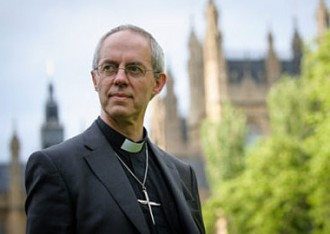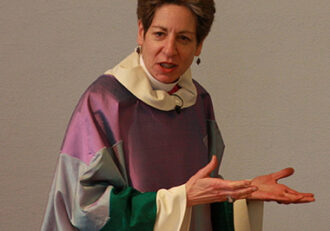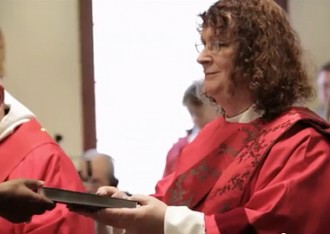Why don’t we hear about nonviolence from the pulpit? There is a complex theology behind the Gospel message of activist, transformative nonviolence that is easy for a homilist to set aside in favor of “God-loves-you!” Sunday messages that demand little from believers beyond robust self-esteem and a vague acceptance of God’s expectation that we generally do right by others. Thus, dusted off during Lent and the Easter season, the premodern language of sin, suffering, sacrifice, and salvation, as Marcus Borg has argued and Pew researchers have tracked, are poorly understood by Christians themselves.
Read More











